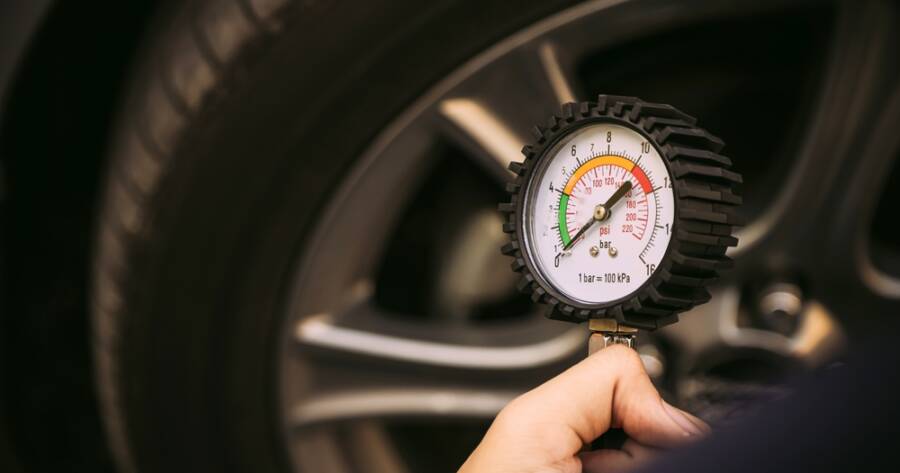Every car owner understands that maintaining a vehicle requires more than just filling up the gas tank. While vehicles come with various features designed to enhance safety and performance, neglecting basic upkeep can lead to unexpected complications. Regular maintenance can potentially extend the life of a vehicle, improve safety, and even enhance driving pleasure. A few simple strategies can help ensure your car remains in top condition, potentially saving both time and money in the long run.
Regular Oil Changes
Keeping your car’s engine well-lubricated might help ensure its longevity. Oil reduces friction, minimizes wear, and keeps the engine running smoothly. While many manufacturers suggest changing the oil every 3,000 to 5,000 miles, newer cars might have different requirements based on engine technology and oil type. Always consult your vehicle’s manual and consider using high-quality oil for optimal performance. Regular oil checks could prevent engine damage and may improve fuel efficiency.
Tire Maintenance
Tires are crucial for both safety and efficiency. Under-inflated or worn-out tires might result in reduced fuel efficiency and compromised handling. Regularly inspecting tire tread and pressure can reveal potential issues early on.
Utilizing a reliable tire gauge to check the pressure can offer peace of mind, and rotating your tires periodically might ensure even wear. Alignment checks are also valuable, as misaligned tires can lead to uneven wear and higher fuel consumption.
Brake System Checks
The braking system is a fundamental part of vehicle safety. If brakes squeak, grind, or the vehicle pulls to one side, it might be time for a check. Routine inspections and timely maintenance could prevent these symptoms from escalating into serious issues.
Brake fluid levels should also be monitored, as any leaks can impair braking performance. Ensuring that brake pads, disks, and other components function correctly could make a significant difference in emergency situations.
Fluid Levels and Leak Inspection
Various fluids are essential for vehicle operation, including engine oil, brake fluid, transmission fluid, and coolant. Each fluid plays a unique role, and maintaining adequate levels could prevent severe mechanical problems.
Regularly checking beneath the car for leaks might help catch potential issues early. If any changes in fluid levels are noticeable, it may be wise to consult a professional who can assess the situation accurately.
Battery Care
Even though they often go unnoticed until a problem arises, batteries are vital for starting your vehicle. Keeping the battery clean and ensuring connections are tight can help maintain its performance.
If a vehicle begins showing signs like slow cranking or a lit dashboard battery light, the battery life might be nearing its end. Regular checks could help determine when a replacement is necessary, potentially avoiding inconvenient failures.
Air Filter Maintenance
The air filter prevents debris from entering the engine and can affect efficiency and performance. A clogged air filter might lead to lower fuel efficiency and a decrease in engine power.
Checking the filter and replacing it when it’s dirty can be a simple yet effective measure. Some guidelines suggest changing it every 12,000 to 15,000 miles, but this can vary based on driving conditions and vehicle model.
Light and Electrical System Inspection
Lights and electrical systems play a crucial role in vehicle safety and operation. Regularly checking headlights, brake lights, and turn signals might ensure visibility and alertness on the road. Electrical problems can sometimes be challenging to diagnose, but paying attention to any erratic behavior can aid in early detection. Regular checks may help ensure these systems function reliably.
Regular Professional Inspections
Though many maintenance tasks can be carried out by the owner, professional inspections provide an additional layer of assurance. Certified mechanics can potentially spot underlying issues that might not be apparent to the untrained eye.
Scheduling periodic evaluations can help ensure that all aspects of a vehicle, from software updates to mechanical parts, are addressed systematically.
Learn More Today!
Proper vehicle maintenance is a vital component of responsible car ownership. By taking a proactive approach, drivers can potentially enhance the longevity, efficiency, and safety of their vehicles.
Regular checks of oil levels, tire pressure, brake systems, and other essential components could stave off more severe issues down the road. Though not foolproof, this attention to detail and routine care may lead to a more enjoyable and worry-free driving experience.

